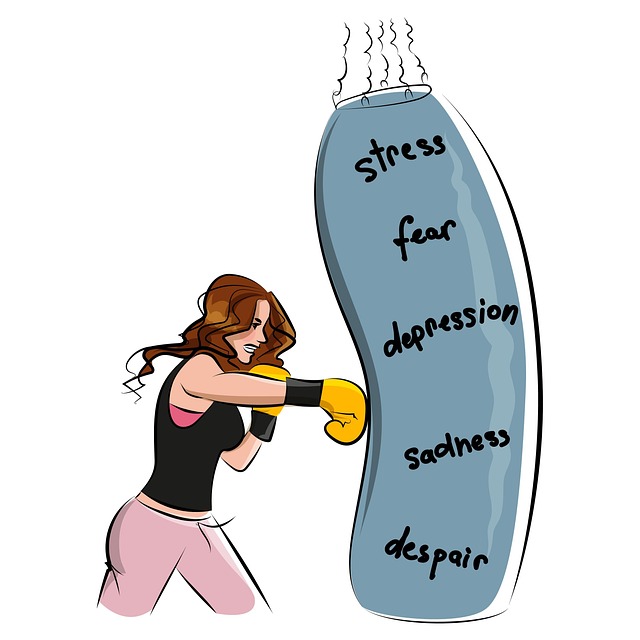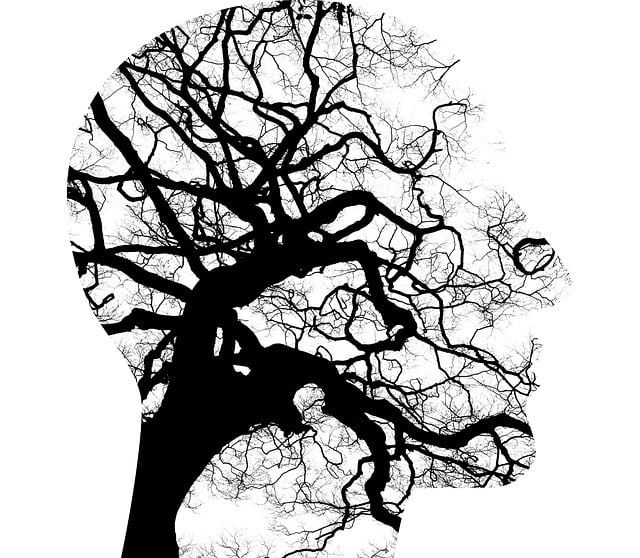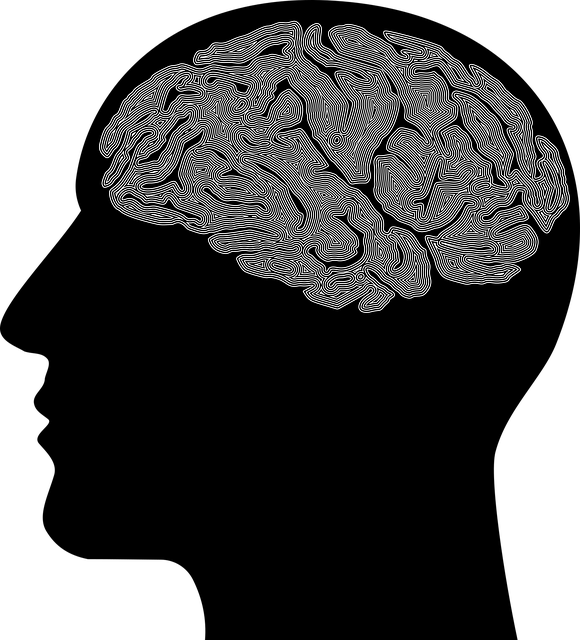Burnout among healthcare providers in Greenwood Village French Speaking Therapy is a critical issue due to stressful work environments, cultural challenges, and language barriers. Early prevention strategies like Stress Management Workshops and stigma reduction programs promote self-care and mental health. Cultural sensitivity training for French-speaking patients is vital, integrating cultural healing practices to build trust and improve outcomes. Effective communication through active listening and empathy reduces stress, while maintaining a healthy work-life balance is key. Greenwood Village French Speaking Therapy prioritizes therapist well-being with collaborative initiatives, support resources, and professional development, fostering a positive work culture that enhances job satisfaction and long-term mental wellness.
Healthcare provider burnout is a growing concern, impacting not just individuals but the entire healthcare system. This article explores effective prevention strategies, focusing on Greenwood Village French Speaking Therapy’s unique approach. We delve into understanding burnout among healthcare providers, emphasizing cultural sensitivity as a key factor in its prevention. Effective communication and work-life balance practices are also highlighted, along with creating supportive environments that foster resilience.
- Understanding Burnout Among Healthcare Providers
- The Role of Cultural Sensitivity in Prevention
- Effective Communication Strategies for Well-being
- Work-Life Balance and Self-Care Practices
- Building Supportive Environments at Greenwood Village French Speaking Therapy
Understanding Burnout Among Healthcare Providers

Burnout among healthcare providers is a growing concern, impacting both individual well-being and patient care. It’s essential to recognize that burnout isn’t merely feeling tired; it’s a state characterized by emotional exhaustion, depersonalization, and reduced personal accomplishment, often stemming from prolonged exposure to stressful work environments. Healthcare professionals, especially those in Greenwood Village French Speaking Therapy, face unique challenges due to cultural nuances, language barriers, and the constant demand for their specialized services.
Understanding burnout is the first step towards prevention. Through initiatives like Stress Management Workshops Organization, mental illness stigma reduction efforts, and promoting self-care routine development for better mental health, healthcare providers can be empowered to recognize and address burnout early on. These strategies are vital in fostering a supportive work environment that encourages professionals to prioritize their well-being alongside patient care.
The Role of Cultural Sensitivity in Prevention

In the context of healthcare provider burnout prevention, cultural sensitivity plays a pivotal role, especially in diverse communities like Greenwood Village where French-speaking individuals seek therapy. Healthcare professionals who are culturally competent can better understand and address the unique needs and concerns of these patients, fostering trust and improving outcomes. This involves learning about different cultural practices, beliefs, and communication styles to deliver care that is sensitive and respectful.
Emotional well-being promotion techniques tailored to individual cultures can significantly reduce burnout risk among healthcare providers. Greenwood Village French speaking therapy sessions, for instance, might incorporate elements of cultural healing practices alongside traditional therapeutic methods. By recognizing and addressing the impact of cultural factors on mental health and stress, healthcare providers not only enhance their patients’ anxiety relief but also fortify their own resilience against burnout. Through comprehensive Healthcare Provider Cultural Competency Training, professionals can ensure they are equipped to navigate these nuances, ultimately contributing to a more inclusive and effective healthcare system.
Effective Communication Strategies for Well-being

Effective communication is a cornerstone in preventing burnout among healthcare providers, especially in diverse settings like Greenwood Village French Speaking Therapy. Therapists and medical professionals can significantly enhance patient care and their own well-being by fostering open and empathetic dialogue. Encouraging patients to share their experiences, fears, and hopes in their native language, as supported by cultural sensitivity in mental healthcare practice, creates a safe and non-judgmental environment. This approach not only improves treatment outcomes but also reduces the emotional burden on providers.
Integrating compassion cultivation practices into everyday interactions is another powerful strategy. By actively listening, validating patients’ feelings, and expressing genuine empathy, healthcare workers can build resilience both within themselves and their clients. Moreover, teaching mindfulness techniques or simply taking moments for self-care conversations during appointments can serve as effective stress relievers. These simple yet profound acts of communication contribute to a more positive work environment and help prevent burnout in the long run.
Work-Life Balance and Self-Care Practices

Maintaining a healthy work-life balance is an essential aspect of burnout prevention for healthcare providers. In the fast-paced and demanding environment of healthcare, professionals often face long hours and high-stress situations, which can lead to exhaustion if not properly managed. Achieving balance involves setting boundaries between work and personal life, ensuring sufficient time for rest, hobbies, and quality connections with friends and family. This shift towards self-care is crucial in Greenwood Village French Speaking Therapy, where therapists are encouraged to prioritize their well-being to better serve their patients.
Self-care practices play a pivotal role in stress management, a key component in preventing burnout. Healthcare providers should incorporate activities that nourish both mental and physical health, such as regular exercise, mindfulness meditation, or engaging in creative pursuits. Additionally, seeking support from colleagues or participating in professional development programs, like cultural competency training, can provide valuable coping strategies and enhance job satisfaction. These proactive measures aim to mitigate the risk of burnout, as evidenced by the growing emphasis on assessing mental health professionals’ well-being (Risk Assessment for Mental Health Professionals) within the healthcare industry.
Building Supportive Environments at Greenwood Village French Speaking Therapy

At Greenwood Village French Speaking Therapy, we understand that building supportive environments is a key strategy to prevent burnout among healthcare providers. Our dedicated team fosters a culture of collaboration and mutual respect, ensuring therapists feel valued and heard. By promoting open communication and providing opportunities for emotional well-being promotion techniques, we create a safe space where inner strength development can flourish.
Through regular staff meetings, workshops, and access to mental wellness resources, Greenwood Village French Speaking Therapy empowers its providers to maintain a healthy work-life balance. These initiatives aim to enhance job satisfaction and resilience, ultimately reducing the risk of burnout. By nurturing an environment that prioritizes both professional growth and personal well-being, we are dedicated to supporting our therapists’ long-term success and mental wellness.
Burnout among healthcare providers is a pressing issue, but with the right strategies, it can be mitigated. By fostering cultural sensitivity, implementing effective communication, promoting work-life balance, and creating supportive environments like those at Greenwood Village French Speaking Therapy, we can create a healthier, more sustainable care system. These comprehensive approaches not only benefit individual therapists but also enhance patient outcomes and the overall well-being of the healthcare community.














